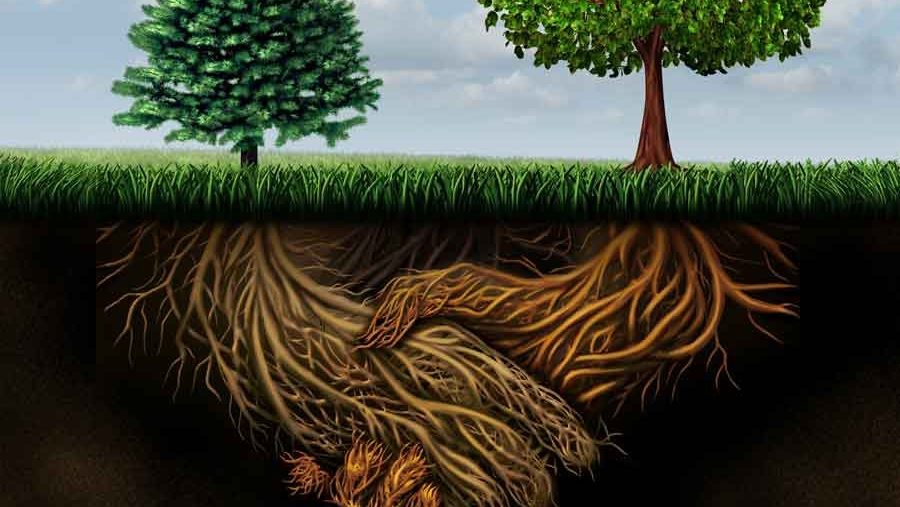
Network Weaving
As part of our co-created national associations “umbrella” strategy, the global MCLD secretariat hosts capacity-strengthening initiatives that are tailored to the needs of domestic civil society leaders across many countries.
In 2022, we hosted two popular and lively courses (Network Weaving and Domestic Resource Mobilization) that generated a great deal of new learning from seasoned experts, peer sharing from experienced and innovative civil society leaders, and opportunities for “learning by doing” between classes.
A four-part series, 2022
In the Movement for Community-led Development, we seek to foster systemic change.
- However, a lot of materials about systems change tend to be more theoretical than practical, and full of jargon that can make it difficult to understand.
- Within the Movement, our members already “do” systems change, sometimes intuitively, and often through what they have learned by growing up and working in collectivist societies. (This can be very different than say, the situation in the United States, which is perhaps the most individualistic country of all.)
So, we were thrilled to connect with June Holley, a global systems change expert who distills her learnings into everyday language and beautiful metaphors–all with practical implications. Her body of work is expressed as Network Weaving. June generously volunteered her time to co-create and lead a customized course for our members, with a great response. One participant even said that the course “changed my life.”
Would you like to learn about network weaving? Here’s a bit to get you started:
- Weaving your personal and professional networks starts with a positive and curious head and heart.
- Network weaving generates power by connecting diverse people and organizations, based on finding things in common (which can often be surprising).
- Rather than feeling like transactional or self-serving behavior, network weaving can be an uplifting and thoughtful way to make new friends and broaden your horizons.
Our class was based on eight (deceptively simple) characteristics of an effective network listed below. Together, we worked through these, two at a time, over the course of four classes. We learned about the deep meanings and nuances of each characteristics, and discussed how to use them to assess and strengthen our own networks.
Between classes, we tested our new knowledge out. Class participants from many countries shared exciting results and new insights. We realized that while we actually knew and understood much of this already, most of us hadn’t specifically named and taken action around them. When we did, we found the heightened intentionality really paid off.
Hungry for more?
- Access the free resources available at the Network Weaver website.
- Watch our class recordings.
- If you are tight for time…fast forward to June’s excellent presentations that are near the beginning of each recording.
- If you have more time, you will learn a great deal from the dialogue involving all of the participants.
- Class recordings, from 2022. Introductory class. Class #2. Class #3. Class #4.
- Flip through the slides from the first class.
Featured Photo Credit: An Darach Forest Therapy

